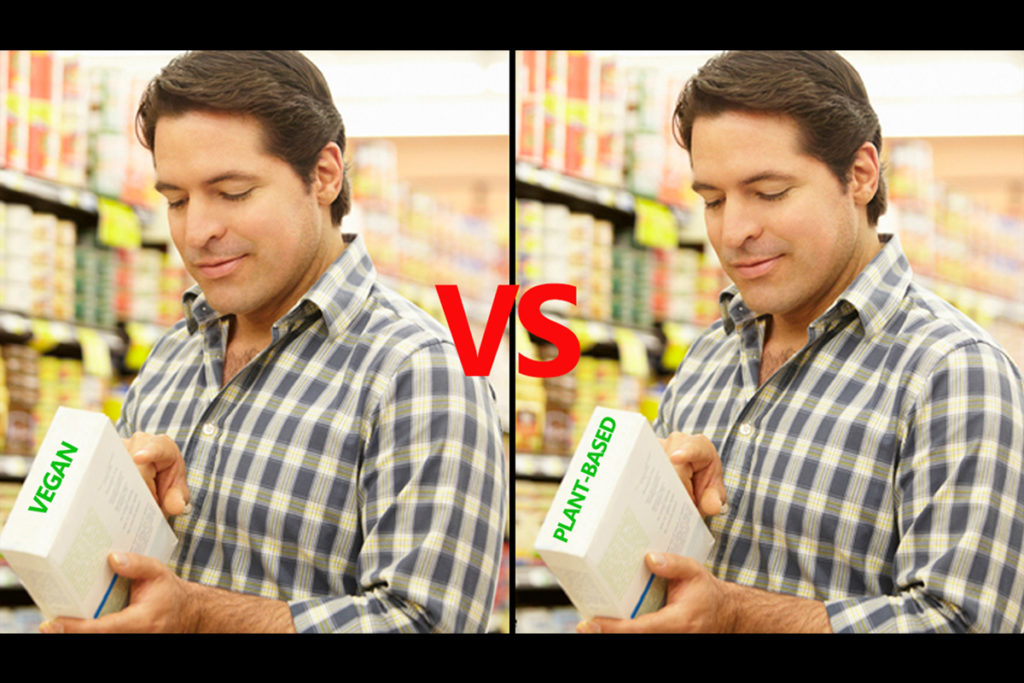The term ‘plant-based’ and ‘vegan’ seem to mean the same thing: the lack of animal meat or byproducts in a food item. However, a recent survey by Mattson reveals that consumers prefer the term ‘100 percent plant-based’ over ‘vegan’ when it comes to selecting vegan/plant-based food options.
The survey, conducted last summer, involved 1,163 American adults who were asked a series of questions regarding their preferences when selecting plant-based food items. According to the results of this survey, 83 percent of consumers believe that ‘plant-based’ foods are the future, whereas only 17 percent selected ‘vegan’ food as the future. About 79 percent of respondents said that ‘plant-based’ is a more flexible term and 73 percent believe that ‘plant-based’ foods taste better than ‘vegan’ foods. In addition, 68 percent of these respondents said that ‘plant-based’ foods are healthier than ‘vegan’ foods.
Although these findings are contradictory because both ‘100 percent plant-based’ and ‘vegan’ generally mean the same thing, Barb Stucky, President and Chief Innovation Officer of Mattson, claims that it is all because of consumer perception. The term ‘vegan’ generally gives off the perception that an individual is on a restricted diet and is fighting for a cause (animal rights, environmental activism), which gives consumers a sense of responsibility that they don’t necessarily want. Whereas, the term ‘plant-based’ is commonly associated with positive dietary choices.
In addition, the Mattson researchers found that these results can be explained by the fact that almost a third of Americans are flexitarians – people who primarily eat vegetarian food but also eat meat products occasionally. About 48 percent of respondents from this survey said that they would like to eat more plant-based foods in the future. However, out of this percentage only two percent were classified as vegans; four percent were vegetarians, 64 percent were omnivores and 29 percent of respondents were found to be flexitarian.
Mattson researchers also found that the number one reason as to why consumers reach for plant-based foods is because of their ‘health benefits.’ The second most common reason was ‘to lose weight’ and the third most popular factor was because plant-based foods are considered ‘better for the environment,’ which was followed by ‘animal welfare’ as the fourth most popular reason.
The California-based market research organization also conducted a follow-up survey involving 390 consumers, regarding the placement of plant-based foods in a grocery store. Survey respondents were asked to select their preferred plant-based burger grounds from the frozen or chilled section of a grocery store. Mattson provided these consumers with un-branded pictures of frozen and refrigerated products to choose from. The results revealed that consumers prefer refrigerated plant-based burgers because they perceive them as fresher than frozen.
Such findings can help food manufacturers market their plant-based products to a larger consumer demographic than just vegans and vegetarians. With the market value of plant-based dairy and meat alternatives projected to be valued at $19.5 billion and $5 billion, respectively, by 2020, food manufacturers would have a better chance in gaining market share if they follow such consumer labelling trends.












Join or login to leave a comment
JOIN LOGIN